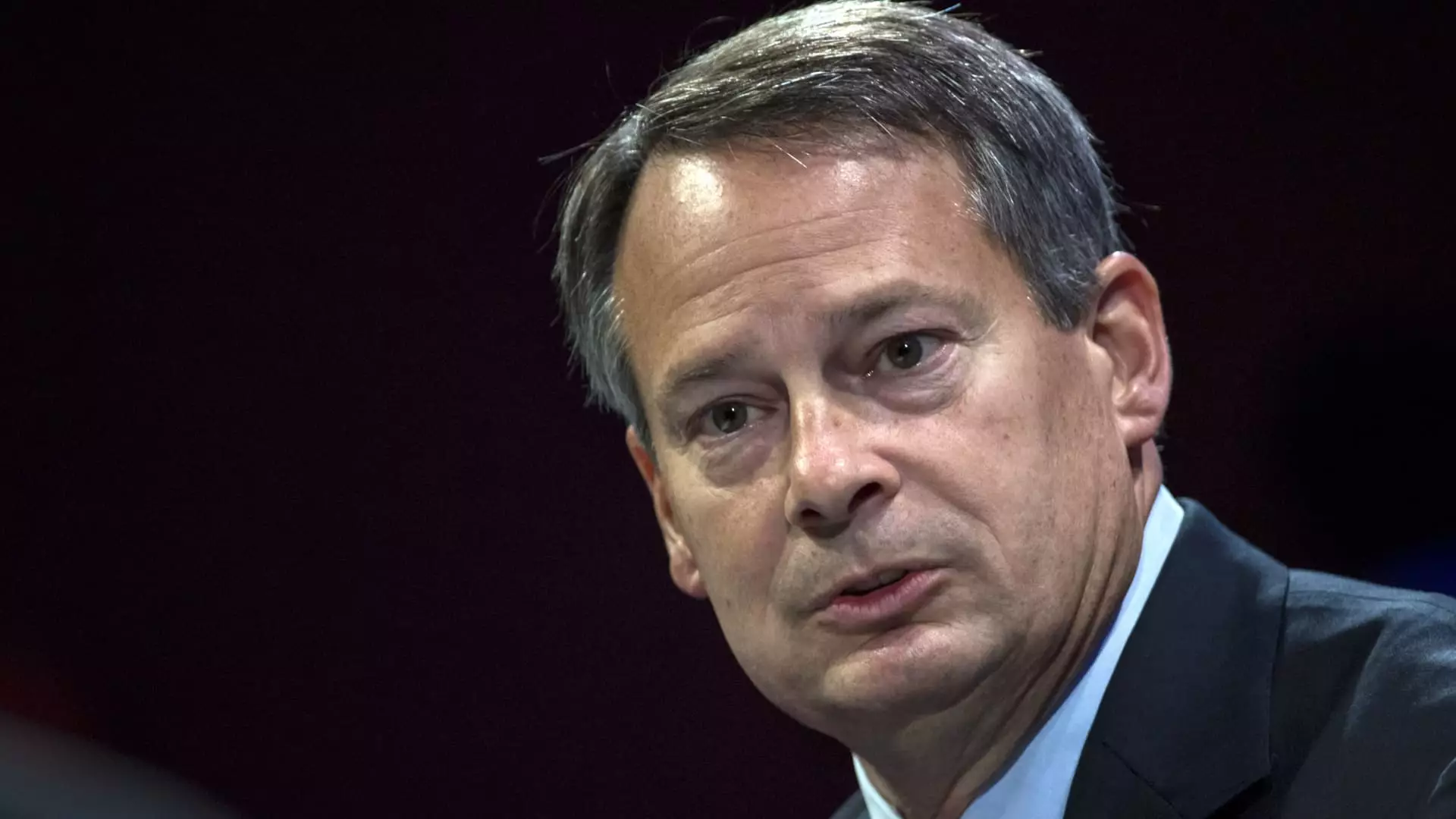Walt Bettinger’s planned retirement at the end of December 2024 marks a pivotal point for Charles Schwab, a brokerage firm that has seen remarkable growth over the past 16 years under his stewardship. Announced on a Tuesday, this transition signifies not only a change in leadership but also encapsulates a period of transformative growth in the financial industry. Bettinger, who has led the organization through both prosperous and challenging economic climates, will pass the torch to Rick Wurster, currently the President of Charles Schwab. This shift is scheduled for January 1, 2025, allowing for a structured handover that stands as a testament to thoughtful succession planning.
Bettinger’s decision to step down is linked closely with his personal milestone of turning 65 next year. In his statement, he expressed trust in Wurster’s leadership capabilities, emphasizing that their eight years of collaborative work have equipped Wurster to lead the firm successfully. This trust reflects a broader trend in contemporary corporate governance, where thoughtful succession planning plays a crucial role in ensuring steady leadership transitions. The Schwab Board’s active role in this process underlines the importance of maintaining continuity, particularly in the fiercely competitive brokerage sector.
Rick Wurster has conveyed confidence that there will be no radical changes in strategy following his ascension to CEO. His commitment to continuity suggests that the firm’s core objectives—prioritizing client satisfaction and expanding service delivery—will remain intact. For Schwab, sustaining its client-driven ethos during this transition is paramount, especially given the significant rise in its client assets, from $1.14 trillion to an astounding $9.74 trillion over Bettinger’s tenure.
Under Bettinger’s leadership, Schwab has experienced explosive growth in client accounts, with totals soaring from under 10 million to over 43 million. This success, in part, stems from strategic acquisitions, most notably that of TD Ameritrade in 2020, which has bolstered Schwab’s market position. The recent integration of Ameritrade has been highlighted by Bettinger as a critical factor for timing his departure, suggesting that he believes the company is on solid footing for the future.
Despite these achievements, it is crucial to analyze the company’s stock performance, which has risen approximately 150% during his leadership but has lagged behind the broader market over the past two years. Bettinger himself acknowledged the challenges brought about by the financial crisis, often reflecting on the stark lows during his initial days as CEO. This candidness encapsulates a leadership style that embraces transparency and reflects on both successes and setbacks, a quality that Wurster will likely inherit.
As Bettinger transitions out of the CEO role, he will continue to serve as co-chair of the board, ensuring that his experience and insights remain integral to the company’s governance. This dual role exemplifies a forward-thinking approach to leadership succession, allowing for continuity while embracing new ideas. The future for Charles Schwab appears promising under Wurster’s incoming leadership, with an optimistic outlook for sustaining growth and maintaining the high standards established by Bettinger. As the company embarks on this new chapter, the industry will be watching closely to see how it adapts and evolves in an ever-changing financial landscape.

